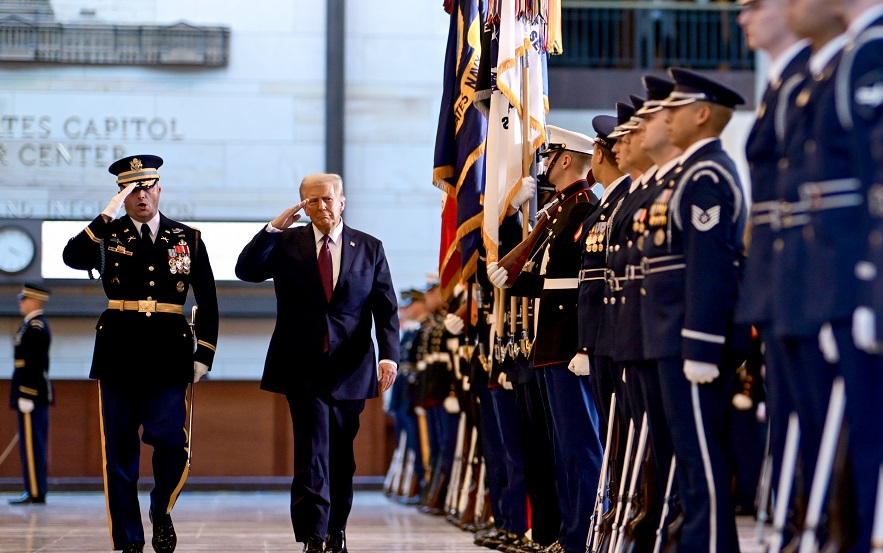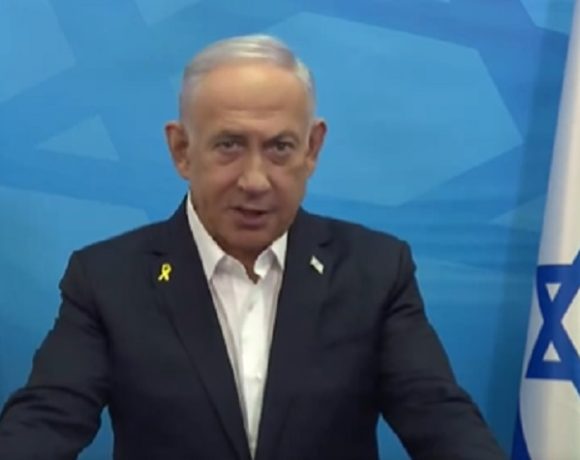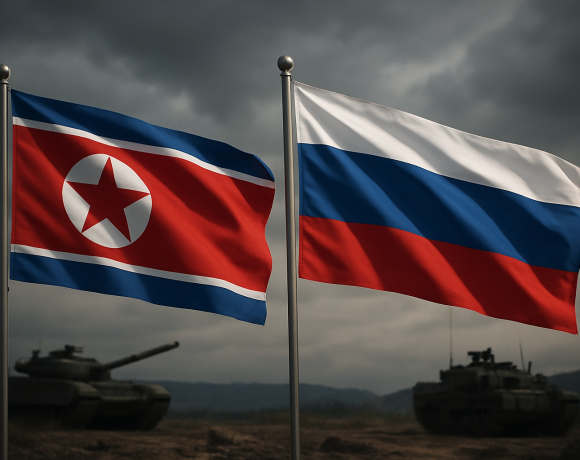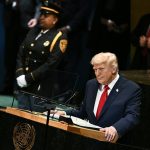
Trump’s Tariffs Target Developing Nations Amid Global Backlash
In a dramatic escalation of U.S. trade policy, President Donald Trump has announced a sweeping new set of tariffs that significantly affect countries across the globe, with developing nations bearing the brunt of the most punishing rates. The plan imposes a blanket 10% tariff on all imports to the United States, while targeting specific nations—especially in Asia and Africa—with much higher rates.
Trump Tariffs
Among the hardest-hit are countries like Cambodia, Myanmar, and Sri Lanka, now facing tariff rates of 49%, 44%, and 44% respectively. These nations, already grappling with political instability, conflict, and recent natural disasters, are expected to suffer even more under the weight of these new trade barriers.
Justifying the move, Trump stated, “We’ve been taken advantage of for decades. It’s time to protect our own industries and workers.” He continued, “The era of selling out American jobs is over. Our trading partners are now on notice.”
Developing Nations Hit
The decision comes as Myanmar reels from a devastating earthquake that has killed thousands and left its healthcare system in ruins. Critics argue that imposing punitive tariffs on a country in the middle of a humanitarian disaster is not only callous but could severely hinder international aid and recovery efforts.
Trump’s tariff policy has drawn sharp condemnation from economic analysts and international leaders alike. Many warn that these tariffs could prompt a wave of retaliatory trade restrictions from other nations, risking the outbreak of a full-blown global trade war. There are also rising concerns at home that the increased import costs will ultimately be passed on to U.S. consumers, stoking inflation and hurting American families.
Global Trade Risks
Major economies such as China, Japan, and the European Union have voiced opposition to the tariffs, arguing that unilateral actions undermine the global trading system. Several countries are reportedly preparing to challenge the measures at the World Trade Organization, although the Trump administration has shown little interest in multilateral dispute resolution.
Business groups and multinational companies are bracing for fallout, with industries heavily reliant on global supply chains—such as automotive and electronics—likely to feel the pinch. Investors, too, are watching nervously as markets react to what could be a prolonged period of economic uncertainty.
As President Trump pushes forward with his aggressive trade agenda, the world faces a precarious moment. The true impact of these tariffs remains to be seen, but early signs suggest a stormy road ahead for global trade and developing economies already on fragile footing.


















